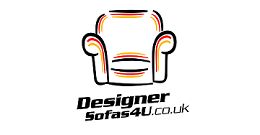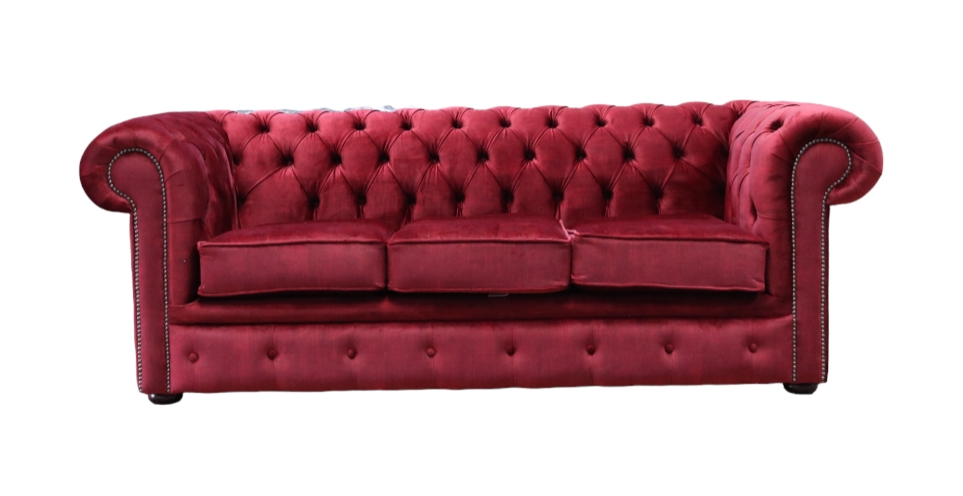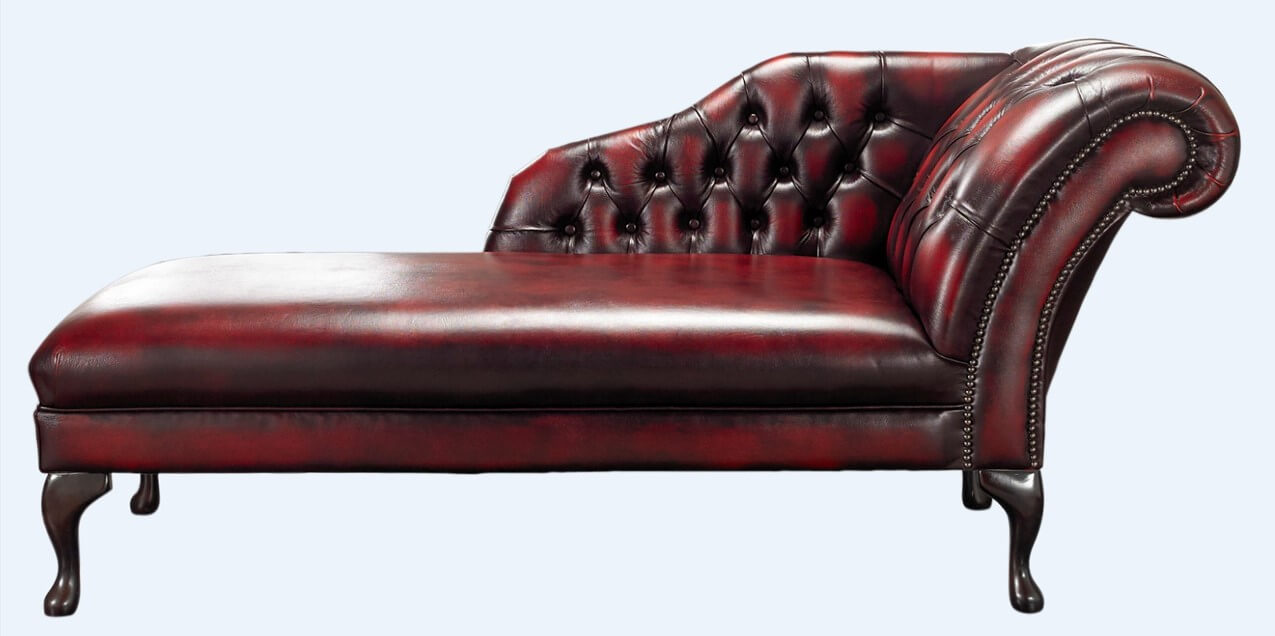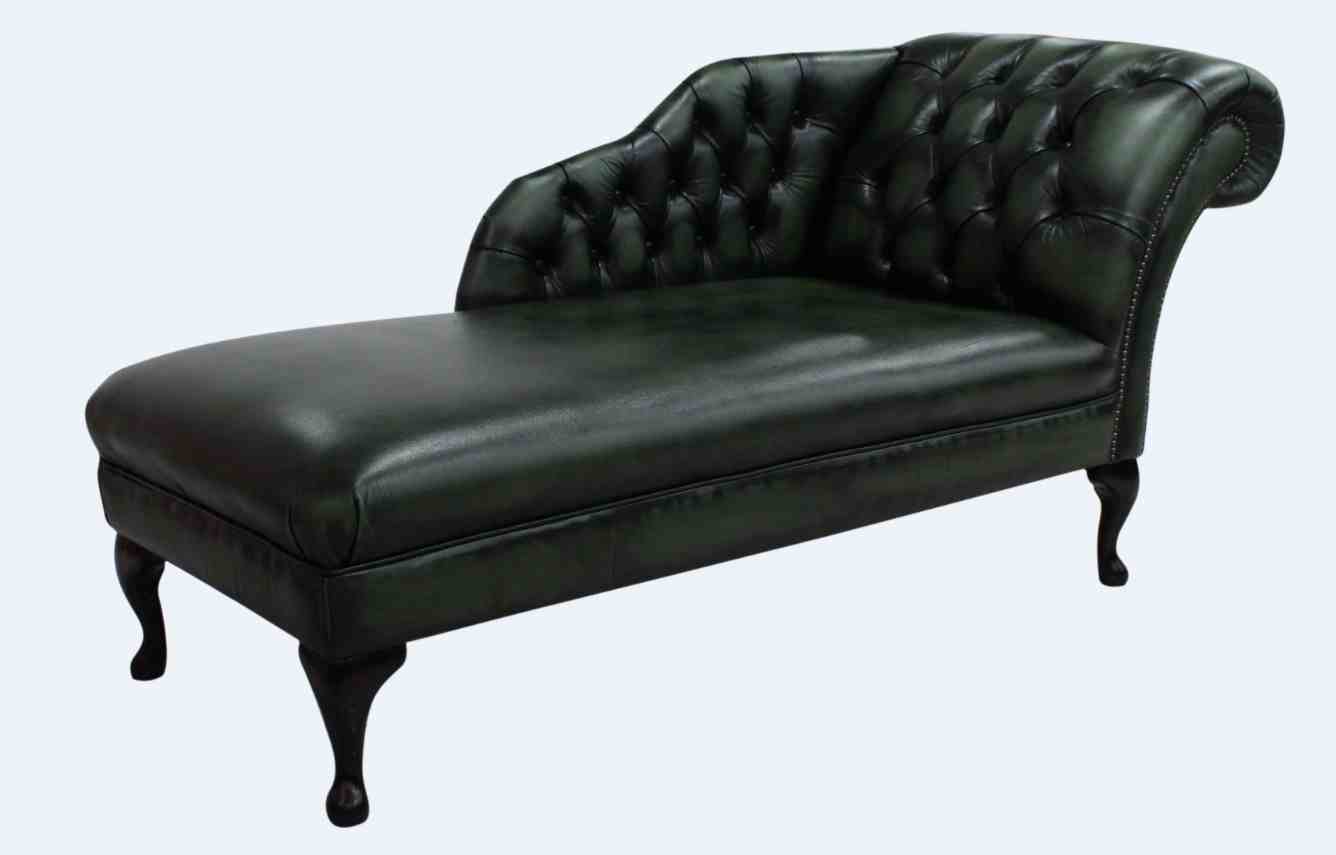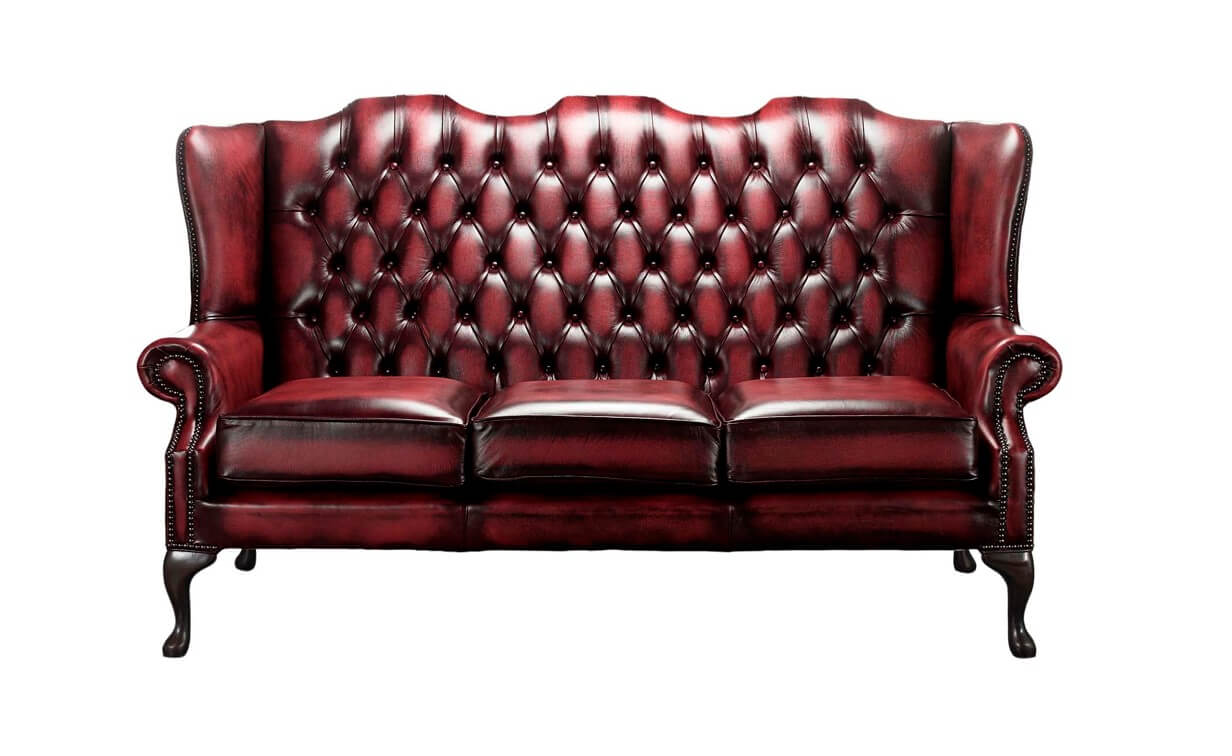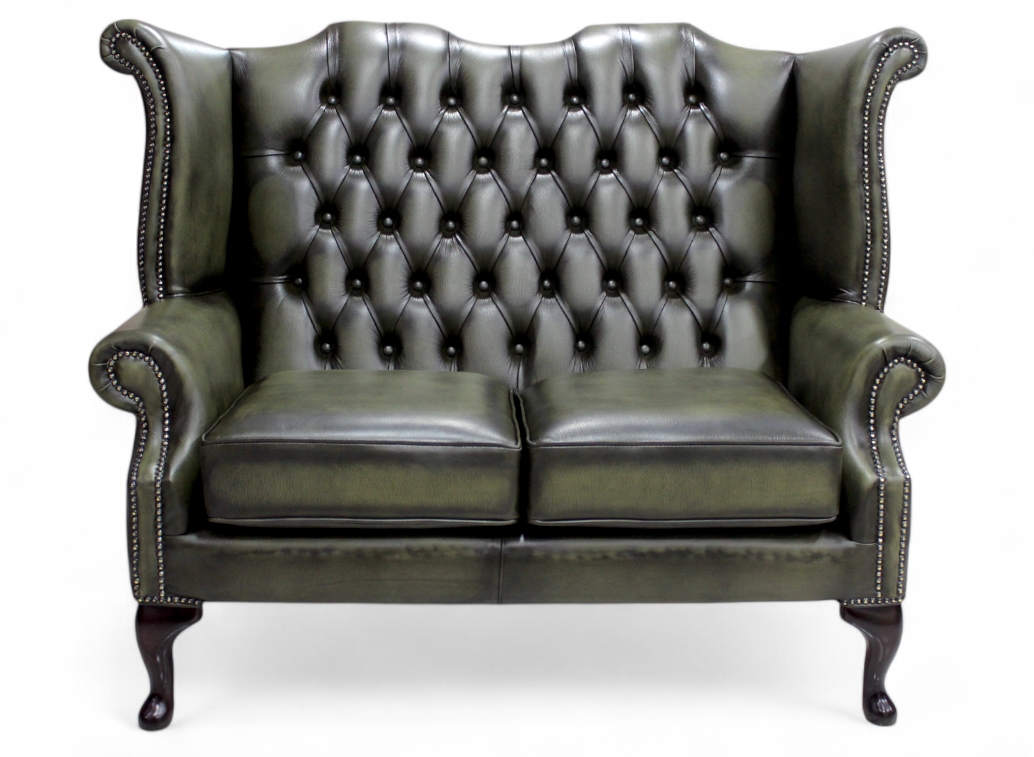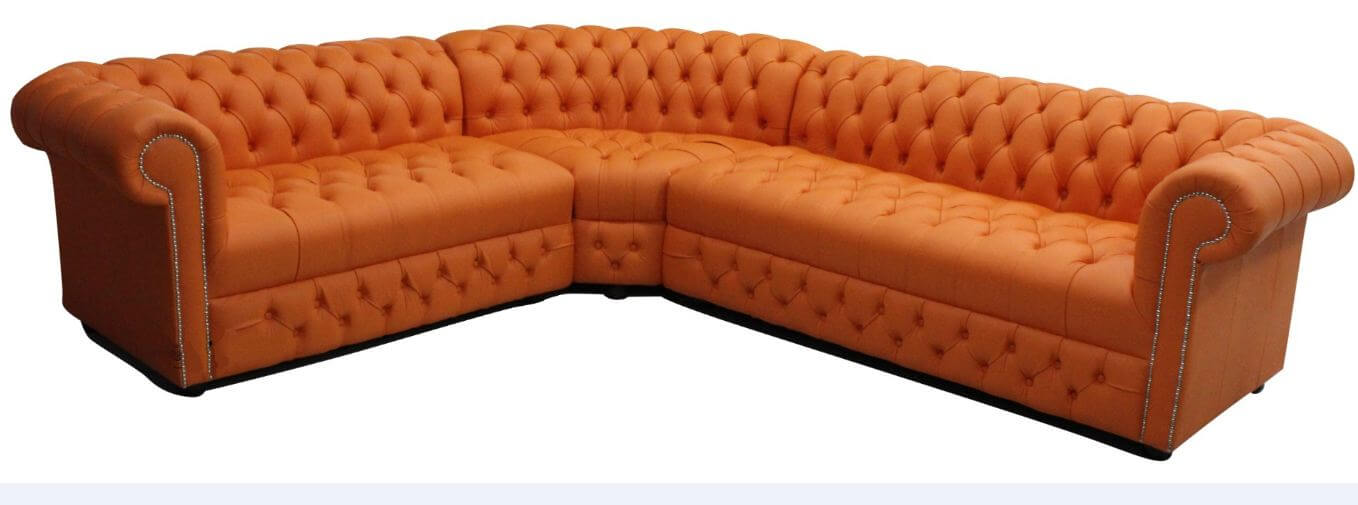What about the environmental cost?
The mass-market furniture industry has a devastating effect on the environment. Manufacturers often legally source wood from the world’s disappearing rainforests. The upholstery materials they use are often low-quality and synthetic materials which require harsh and damaging chemicals to produce Chesterfield Sofa.
Authentic Chesterfields on the other hand rely on natural materials such as hardwoods and leathers. Artisans motivated to build high-quality furniture know that their Chesterfields will only be as good as the materials that they use and that the materials they use will only be as good as the environment that they come from.
This leads artisans to carefully consider the environmental impact of the choices that they make. Wood is sourced sustainably, and upholstery materials come from weaving houses or tanneries that actively work to minimise the environmental cost of their trade.
Although the process of making Chesterfields by hand is by no means environmentally perfect, when considered as a buy-once and use-forever item, its impact is significantly lower than a mass-produced alternative.
How much does it cost to manufacture a Chesterfield?
Although Chesterfield sofas are much better for the environment, they are however much more costly to manufacture. To last a lifetime, they must have a solid hardwood frame and use high-quality materials.
For a manufacturer to produce a 3-seater Chesterfield, it will cost them at least £850. For rarer leathers and fabrics, the price will only increase.
How Chesterfields are priced?
The design philosophy and manufacturing process aren’t the only things that lead to the higher price of a Chesterfield sofa. Companies building Chesterfields also generally operate using a very different business model from that of traditional furniture retailers who sell mass-produced furniture.
Retailers of mass-produced furniture buy containers of sofas in bulk. They sell this stock at the RRP until the design becomes old and off-trend. At this point, the retailer will likely have made their money back from selling the sofas and will therefore discount the design as a sale item.
They need to do this because the design is off-trend and no longer worth what it was, but more importantly, they need the warehouse space for a new shipment of the next on-trend design.
Chesterfield sofas on the other hand are made to order. No stock needs to be sold quickly, which means that Chesterfield sofas are less likely to be discounted. Manufacturers prefer to sell at a steady price year-round.
Whilst sales and discounts are great, this model can be advantageous for customers. With no time-limited discounts, you can immerse yourself in the buying process and take as much time as you like, with plenty of places to purchase from Chesterfield sofa.
